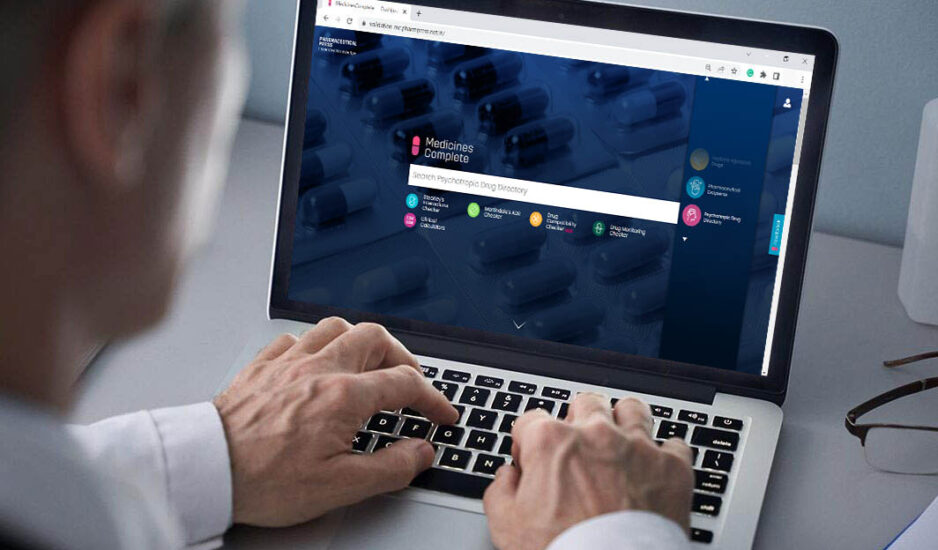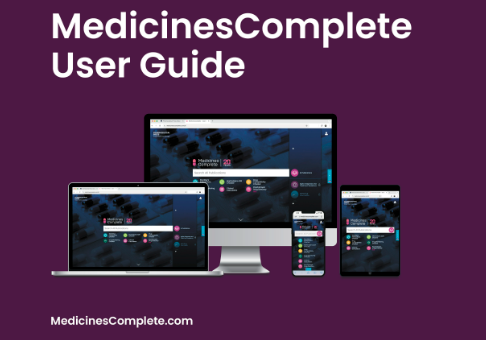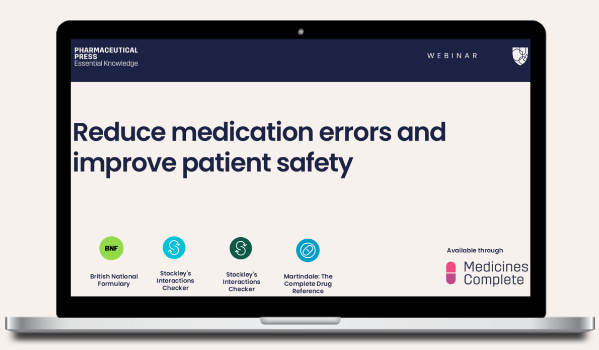BNF + BNFC Cautionary and Advisory Labels (CALs)

![]()
Supporting medication adherence and optimised patient outcomes
BNF + BNFC CALs, providing essential supplementary guidance on dispensed medicines using evidence-based and trusted BNF and BNFC knowledge, are now available in the UK’s most spoken languages* for integration into your clinical systems.
Only available from Pharmaceutical Press, on behalf of BNF Partnership, BNF + BNFC CALs are clear, unambiguous and optimised for patients to understand, helping to improve medication adherence and optimise patient outcomes.
BNF + BNFC CALs via API now include the most spoken languages in the UK*
| English | Welsh |
| Arabic | Bengali |
| Gujarati | Italian |
| Polish | Portuguese |
| Punjabi | Romanian |
| Spanish | Urdu |
*UK Census 2021
In response to customer need and to better support health professionals care for patients whose first language is not English, BNF + BNFC CALs have been professionally translated into the UK’s most frequently spoken languages. Exclusively available from Pharmaceutical Press on behalf of BNF Partnership.

BNF + BNFC CALs are developed through a rigorous process to ensure the language is clear, unambiguous, and optimised for patients to understand. As an additional service, translations are now available. These translations have been undertaken by professional registered translators in the UK and, where multiple dialects exist for a particular language, the BNF + BNFC CALs have been translated into the dialect most spoken.
More languages are due to be added to the API. Please get in touch if you would like to request the inclusion of a particular language.

Accurate content you can trust
Updated monthly, BNF + BNFC content creation follows a rigorous editorial process, to ensure information is correct, up-to-date, and reflects current best practice. These ISO-accredited content creation processes are overseen by the BNF and BNFC formulary committees and are informed by the latest clinical evidence, regulatory advice (e.g., from MHRA), emerging safety concerns and expert advice.
By integrating CALs directly from BNF + BNFC, you can ensure your systems are up to date and accurate.
Find out more about integrating BNF + BNFC CALs in the UK’s most spoken languages into your system.
Frequently asked questions
- What are BNF + BNFC Cautionary and Advisory Labels (CALs)?
BNF + BNFC CALs provide critical supplementary guidance for dispensed medicines, ensuring their safe and effective use. They can be seamlessly integrated into clinical systems, and play a vital role in medication safety communication, supporting health professionals in providing optimal patient care.
- Why do we need translations?
Many patients in the UK do not speak English as a first language. By providing this additional service, translated BNF + BNFC CALs, we can support more patients to take their medicines correctly.
- What languages are available?
The BNF + BNFC CALs are available in:
- English
- Welsh
- Arabic
- Bengali
- Gujarati
- Italian
- Polish
- Portuguese
- Punjabi
- Romanian
- Spanish
- Urdu
- Why were these languages chosen?
These languages were selected based on data provided in the 2021 census and identified as the most commonly spoken languages in the UK, outside of English. Where multiple dialects exist for a particular language (e.g. Spanish), we chose the dialect most spoken in the UK.
- Are any other languages available?
We are in the process of translating seven more languages which will be coming soon.
Please get in touch with our sales team, if you would like to see a particular language made available.
- Will there be a charge for the additional languages?
As the official source of BNF + BNFC CALs, additional languages are made available to our API customers at no additional cost. Please get in touch for pricing.
- Why are the BNF + BNFC CALs translations not available to me as a user or subscriber to BNF and BNFC content?
BNF + BNFC CALs in English and Welsh are included in BNF and BNFC content. The translated labels are an additional service provided by BNF Partnership via API for integration into systems.
- How were the BNF + BNFC CALs translated?
All translations have been undertaken by professional, registered translators in the UK. Whilst every possible attempt has been made to retain the original meaning, some subtle differences may exist, owing to nuances between languages and dialects.
BNF + BNFC CALs are developed through a rigorous process which ensures the language is clear, unambiguous, and optimised for patients to understand.
- Why should we come to Pharmaceutical Press for BNF + BNFC CALs instead of other providers?
The copyright in BNF and BNFC CALs is jointly owned by the BMJ Publishing Group Ltd, Pharmaceutical Press, the Royal Pharmaceutical Society’s knowledge business, and RCPCH Publications Ltd. Other sources of BNF and BNFC CALs (in any language) are in breach of copyright.
- Do I need a licence to use BNF + BNFC CALs?
The reproduction of BNF + BNFC CALs in any language requires a licence from Pharmaceutical Press, on behalf of BNF Partnership. For information on how to acquire a licence, contact us.
- Who do I contact about a licence?
For information on how to acquire a licence for this content, contact us.
- In what format can I receive the data?
BNF + BNFC CALs are available through an API.
For more specific information contact us.
- Why are there some missing labels?
Label numbers 20, 31 and 33 no longer apply to any medicines in BNF or BNFC and have therefore been deleted.





